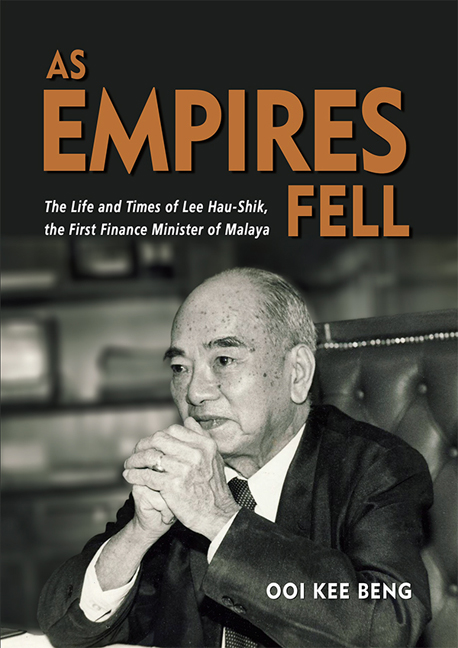Chapter 2 - Times of Opportunity
Published online by Cambridge University Press: 24 November 2020
Summary
In neither the Malay States nor the Colony do the British seem at any point to have prejudiced the continuance of their autocratic control by promises of a future independence toward which their present efforts might be seen as leading. The practical commitments as far as the Colony is concerned point in fact in the other direction since it is grossly unlikely that the Singapore Naval Base and the fortifications which, according to recent report, are to be erected at Penang will be peacefully handed over in any foreseeable future to the heterogenous populace of the Straits.
—Rupert Emerson 19371THE PRECEDING chapter presented with some alacrity what conditions were like for migrant workers who took the risk of moving to the Malayan Peninsula from China and from British India. In many ways, British Malaya was a pioneer territory for them. Originally run for strategic and logistical reasons to facilitate the global trading ambitions of the East India Company, Malaya under the British soon became the supplier of two of the world's most important products in the latter half of the nineteenth century and the first half of the twentieth.
Working the tin mines or the rubber estates were the major draw for migrant workers. Both these commodities were essential to the early industrial world. Where the capitalists were concerned, competition was between Europeans and Asian upper classes whose business sense encouraged them to look to the region and to its emerging economic trends.
Tin and rubber were still infant industries, and ownership conditions, technological innovations, and market control were hotly contested matters. The world was changing fervently, and the colonizing of East Asia in effect drew its peoples to participate in the globalizing economics of the times. They were not passive bystanders in their own history.
Polities were changing as well. Empires had fallen, or were falling, and new powers had appeared in their stead on the world stage. Germany was on the rise in the heart of Europe, just as Japan was doing at the eastern edge of Asia. The triumph of the United States of America in the First World War had given the world notice that it was an unstoppable future global power, while the October 1917 Revolution in Moscow was altering the foundations of political thought and conflict.
- Type
- Chapter
- Information
- As Empires FellThe Life and Times of Lee Hau-Shik, the First Finance Minister of Malaya, pp. 31 - 56Publisher: ISEAS–Yusof Ishak InstitutePrint publication year: 2020

